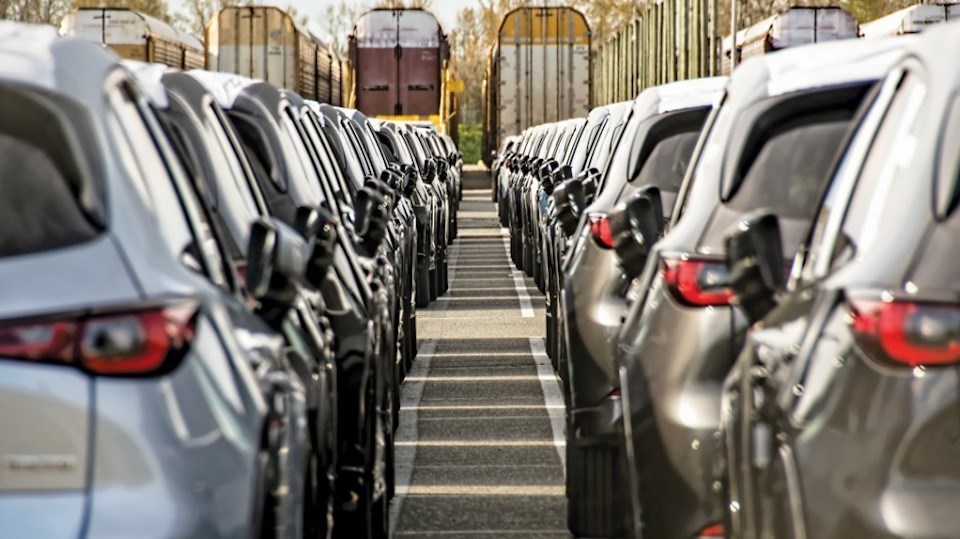The heads of major Canadian automobile industry associations slammed the B.C. government Tuesday over what they claim was a unilateral decision to cut about 75 per cent electric and hybrid models from its rebate program.
B.C.'s CleanBC Go Electric rebate provides up to $4,000 to qualifying zero-emission vehicles (ZEV), which include plug-in hybrids, battery electric and fuel cell-powered cars. But on Tuesday, the province dropped the maximum cost of qualifying vehicles in the “cars” category to $50,000 from the previous $55,000, confirmed Josie Osborne, Minister of Energy, Mines and Low Carbon Innovation.
In a statement to Glacier Media, Osborne said the change was made to ensure rebates were targeted at middle-income families, and would push manufactures to lower their prices.
“With electric vehicle (EV) sales increasing faster than anticipated and currently at record levels, we needed to make adjustments to our CleanBC electric vehicle rebate program given available funding,” said the minister.
Tim Reuss, president and CEO of the Canadian Automobile Dealers Association, said in a statement the change was made “in great haste and without any consultation with the industry.” Reuss also said the move contradicts the province’s own ambitions on electric vehicles and “makes absolutely no sense.”
Brian Kingston, president and CEO of the Canadian Vehicle Manufacturers' Association, said there will be “serious negative consequences for consumers, industry, and the provincial economy.”
“This came as a complete surprise to industry,” said Kingston in a call from Ottawa. “B.C. has established the most aggressive ZEV sales in North America and now it is pulling back” in a move that “all but guarantees the government’s mandated targets will not be met.”
Kingston said there is currently about a $14,000 price gap between electric light-duty vehicles and those powered by internal combustion engines. As more middle-income Canadians look to buy electric vehicles, he says there’s a slimmer financial window on what’s deemed affordable.
“You have to close that price gap,” he said. “The incentives play an incredible role in these interim years.”
In her statement, Minister Osborne said there are still more than 70 vehicle trims eligible under the government rebate program. She said “larger category” vehicles like pickup trucks and vans can still receive rebates if they don’t exceed a manufacturer suggested retail price (MRSP) of $70,000. Osborne also said the province expects more models to be available as manufacturers lower prices.
“This isn’t the first time we have made changes to the CleanBC electric vehicle rebate program,” Osborne said. “In 2019, we reduced the MRSP cap from $77K to $55K. And in August 2022, we income-tested the program and lowered the rebate amounts. However, EV sales continued to increase.”
The minister said that the government is backing a transition to electric vehicles through other means as well — including $30 million in its 2024 budget earmarked for 500 new public charging stations to fill gaps across the B.C.-wide network.
But according to David Adams, president and CEO of Global Automakers of Canada, now is not the time to cut back the electric vehicle rebate program. The statement from Adams, Reuss and Kingston claimed that providing a 30-day transition period will leave consumers who purchased a vehicle and are still waiting for delivery “in the lurch.”
The statement continued, adding that new changes to how the program defines SUVs will also reduce access to the popular vehicle class and “place a chill on the demand.”
“We’ve never suggested incentives should be in place forever, but they need to be in place until price parity with [internal combustion engine] vehicles is achieved — and we are not close to that,” said Adams.



